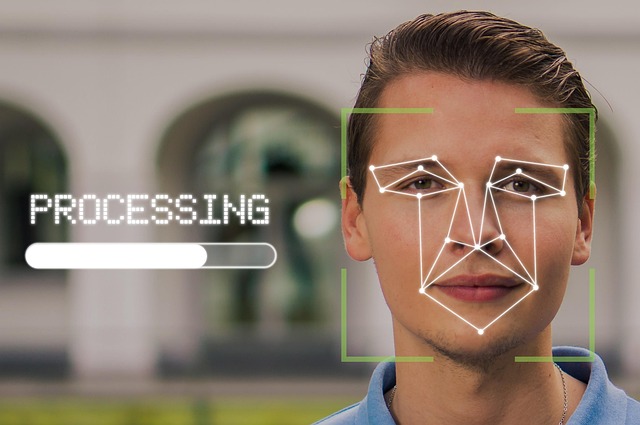The landscape of healthcare is undergoing a remarkable transformation, primarily driven by groundbreaking innovations in sensor technology. These advancements not only optimize efficiency but also play a pivotal role in death prevention, an issue that resonates deeply with every individual. As we strive for longer and healthier lives, the integration of innovative sensors into healthcare systems has become paramount.
In an age where data is king, sensors capture vital health information in real-time. Wearable devices, such as smartwatches and fitness trackers, have gained popularity, allowing individuals to monitor their heart rates, sleep patterns, and physical activity levels. These simple yet effective devices serve as an early warning system, alerting users and healthcare professionals to potential health issues before they escalate into life-threatening conditions. Imagine having the capability to detect irregular heart rhythms or fluctuations in blood sugar levels; this early intervention can be the difference between life and death.
Moreover, the advent of remote monitoring technologies has revolutionized the way healthcare providers interact with patients. Patients with chronic conditions, such as diabetes or heart disease, can now be monitored outside of traditional clinical settings. Advanced sensors embedded in home health devices can track vital signs and send this data directly to healthcare professionals. This continuous stream of information enables timely interventions, ensuring that medical assistance is available before a minor issue transforms into a health crisis.
In hospitals, innovative sensor technology is enhancing patient care immensely. For example, smart beds equipped with pressure sensors can monitor patient movements and alert staff to potential risks of falls or pressure ulcers, ensuring a safer recovery environment. These innovations not only improve patient outcomes but also alleviate the burden on healthcare workers, allowing them to focus more on direct patient care rather than administrative tasks.
One of the most promising advancements in sensor technology involves the implementation of artificial intelligence (AI). By utilizing AI to analyze the data collected from various sensors, healthcare providers can identify trends and patterns that manually analyzing data would likely miss. This powerful combination of AI and sensors enhances predictive analytics, which can guide healthcare decisions and protocols. As we harness the power of predictive models, we move closer to preventing unfortunate events, including sudden deaths, by addressing health risks proactively.
However, with these innovations comes the need for ethical considerations and data security. The sensitive nature of health-related data requires robust safeguards to protect patient privacy. Therefore, as we innovate and integrate new technologies into healthcare, it is critical to establish strict guidelines that prioritize patient rights and data security.
As we venture further into the realm of sensor technology, the potential for death prevention in healthcare is immense. By embracing these innovations, we not only enhance individual health management but also contribute to the overall well-being of society. Innovations in sensors are vital in fostering a proactive approach to health—where prevention is prioritized, and lives are saved.



